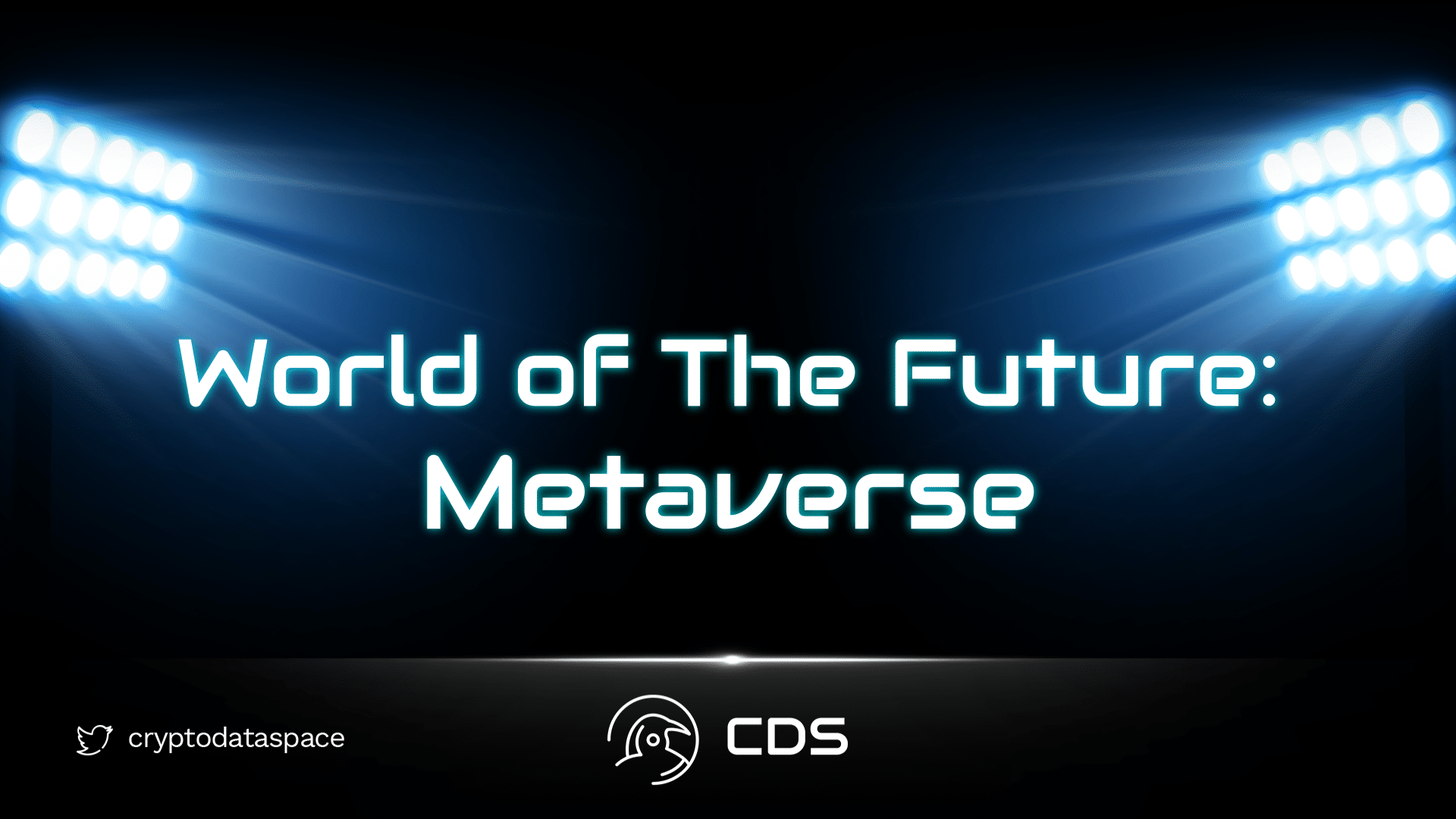The metaverse, a concept that is on the lips of millions of people today, can be explained as a virtual world where people live, work, shop, and interact with each other in the physical world.
World of the Future: Metaverse
The metaverse is a vision that many in the computer industry believe is the next iteration of the internet. At its simplest, it can be described as a single, shared, immersive, persistent, persistent, 3D virtual space where people experience life in ways that they cannot experience in the physical world.
In fact, the metaverse is not a very new word. When we look at the history of the word metaverse, we see that it was first used in a novel called Snow Crash, written by an author named Neal Stephenson in 1992. Today, the same word is used for the next vision of the internet.
Although the metaverse is on the lips of millions of people today, the virtual world that will provide an experience as described and the devices to connect to it have not yet been fully developed. However, technologies such as virtual reality (VR) and augmented reality (AR) that provide access to this virtual world continue to develop rapidly.
Why is it Important
In late 2021, the metaverse became an everyday word after Facebook rebranded its corporate identity as Meta and announced plans to invest $10 billion in the space later that year. Of course, Meta was not the only company investing in this space.

Leading technology companies such as Google, Microsoft, Nvidia, and Qualcomm are also investing billions of dollars. Management consultancy McKinsey & Company estimates that the metaverse economy could reach $5 trillion by 2030.
Criticisms
On the other hand, there are also critics of the metaverse. Many people and organizations argue that the virtual universe has no future and is just a fad. Furthermore, industry observers question whether the metaverse will ultimately be very different from the digital experiences we have today or whether people will be willing to spend hours a day with a set of glasses and headphones to navigate a digital space.
How Does the Metaverse Work?
This vision is still at the very beginning. As such, there is little consensus on how it will work. Furthermore, the metaverse is an ecosystem built on various types of 3D technology, real-time collaboration software, and blockchain-based decentralized finance tools. So, how this ecosystem will work essentially depends on the degree of interoperability between virtual worlds.
Speaking at the MIT Platform Strategy Summit recently, Lauren Lubetsky, senior manager at Bain & Company, outlined three possible scenarios.
Scenario 1
The metaverse remains a domain of niche applications used by consumers for entertainment and gaming but stops well short of an all-encompassing virtual reality.
Scenario 2
The metaverse is controlled by large competing ecosystems — for example, Apple and Android meta worlds — with limited interoperability.
Scenario 3
The virtual universe is a dynamic, open, and interoperable space, much like the internet but in 3D.
What is Used for and Where is Used Today?

As we mentioned in the upper sections of our article, the virtual universe technology is still at the beginning of the road and is not synchronized. However, it has many uses in many fields.
Today, the online gaming industry has in-depth experience in creating immersive virtual worlds. Many game developers, such as Epic Games and Roblox, offer their users the experience of spending time in virtual worlds in addition to playing games.
Many businesses provide their training in these virtual worlds. Externally, some hospitals are using VR and AR to train for common medical procedures.
The Future of the Metaverse
While the metaverse is not a reality today, its fate in the future is uncertain because there are many unknowns. We have mentioned some of these unknowns and shortcomings at the top of this article. But we can definitely say that there are years for a full-fledged metaverse. Although studies and technologies in this field are developing rapidly, there is still a long way to go.

Some Metaverse Projects
- Decentraland (MANA)
- The Sandbox (SAND)
- Axie Infinity (AXS)
- Enjin Coin (ENJ)
- Chormia (CHR)
The information contained in this article is for informational purposes only and does not contain any guidance or investment advice for any person or institution.
SOURCES: The Time, The Guardian
VISIT OUR OTHER BLOGS: ALL NEWS















1 Comment